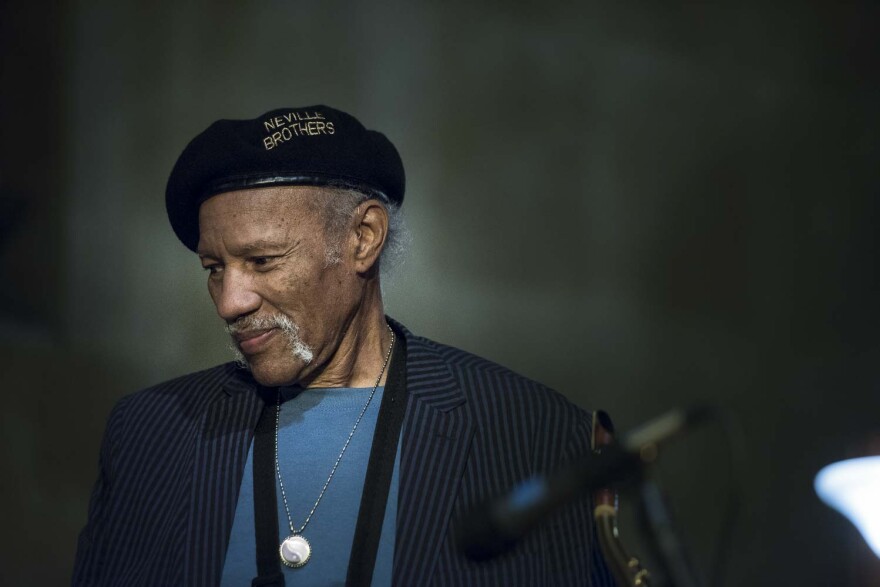On Friday, the New Orleans-born saxophonist Charles Neville, who makes his home in Western Massachusetts, was profiled in the Hampshire Life supplement of the Daily Hampshire Gazette. To the question, “If you could spend the day with a celebrity from anytime in history, who would it be?” Neville answered, “Charlie Parker, in the hope of learning something about the sound he was able to get from any sax.”

In Saturday’s mail, I received the new edition of The NOTE, the journal that’s published out of the Al Cohn Memorial Jazz Collection at East Stroudsburg University of Pennsylvania. Phil Woods, who’s a regular columnist, has a feature in the latest on pianist Hal Serra, whom Woods played with in their teen-aged combo, The Springfield Rifles. Hal, who died on June 24 at age 82, was a year older than Phil, and he turned Woods on to studying with Lennie Tristano. In The NOTE, Woods writes, “[Parker] and Lennie were the A side and B side of the new music, as it were. Tristano was an explorer, not really a swing player, as his rhythm was a little stiff, but his harmonic concept was incredible. Bird had all the other stuff. It didn’t matter what kind of horn he played, what mouthpiece, what reed—Bird made his sound. As Red Rodney said, he could play a tomato can.”

(Lee Konitz and Charlie Parker; Lee Konitz Collection)
Doug Ramsey’s daily Rifftides blog had a couple of recent entries about Konitz which occasioned my digging up an interview I did with the great saxophonist in 2003. I’ll share more of this with you in the coming weeks, but here’s something Lee said that only added to the synchronicity of the weekend’s Birdlore. “I remember one time at the original Birdland club, Charlie asked to borrow my alto for a set, and I sat in amazement and listened to him play the music, thinking, ‘My God, that never came out when I played it. I don’t understand how he does it.’ But there it was.”

Here’s a video clip of Konitz talking about Bird. The two altos were guest soloists on a Stan Kenton tour in 1954; it was a year before Parker’s death at age 34, and Konitz offers a knowing perspective on the kind of trap that Bird’s pervasive influence had placed him in and that his dissipated condition made all the more impossible for him to escape.